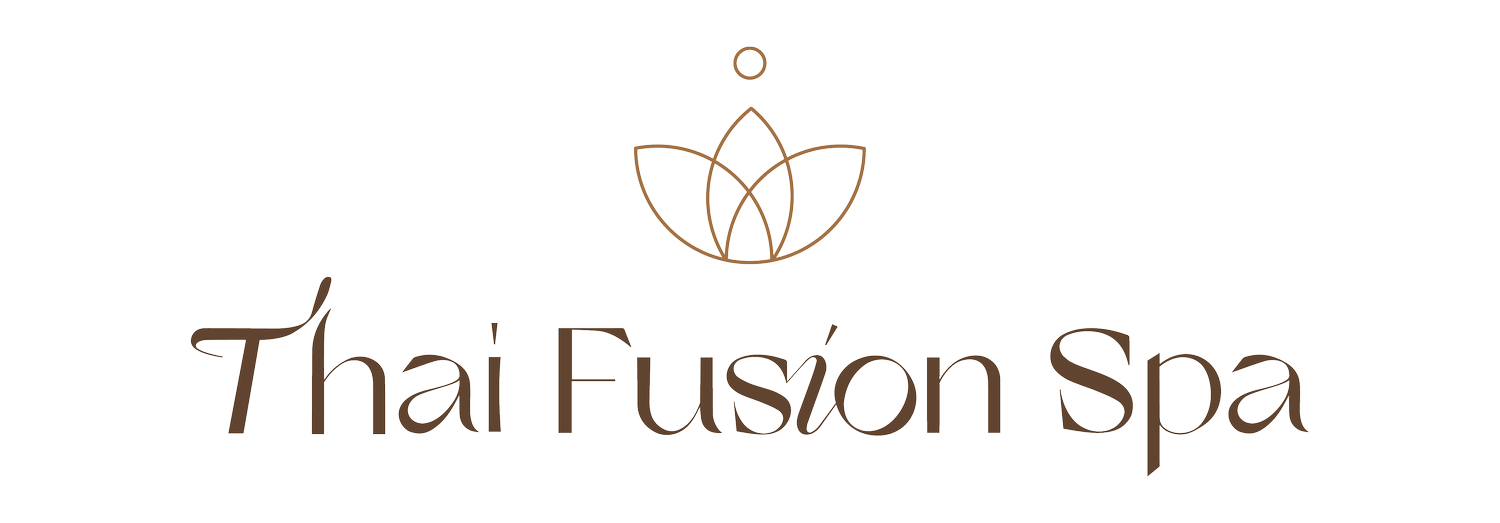Scientifically Backed Benefits of Aromatherapy
Harnessing the power of scents and essential oils, aromatherapy has been scientifically shown to offer a wide range of benefits, both physically and mentally.
In this article, we will explore what aromatherapy is and delve into its scientifically backed advantages.
Pathophysiologic Response
According to Nursing Clinics:
When essential oil in aromatherapy is inhaled, molecules activate the olfactory, respiratory, gastrointestinal, and/or integumentary systems based on the pathway of activation. These molecules are capable of releasing neurotransmitters, such as endorphins, to trigger a sense of well-being and an analgesic effect.
There are 2 common pathways triggering a pathophysiologic response to aromatherapy molecules. The most common pathway is inhalation, such as by a diffuser. Activation of olfactory stimulation produces immediate change in parameters for blood pressure, pulse rate, muscle tension, pupil dilation, body temperature, and blood flow.
The following summarizes this pathway:
- The olfactory stimulation by aromatherapy travels via nostrils to the olfactory bulb.
- The stimulus then travels to the brain for processing, where the amygdala triggers an emotional response and the hippocampus retrieves and/or forms memories.
- The limbic system interacts with the cerebral cortex, activating thoughts and feelings.
- The inhaled aromatherapy molecules travel to the upper respiratory tract and then to the lower respiratory tract.
- Molecules than travel to the pulmonary blood vessels to the blood stream then to organs and tissues.
- In summary, the inhaled aromatherapy molecules affect mind, body, and spirit.
The second common pathway is through the skin, such as by a massage, in which molecules are absorbed through the skin. The pathway is summarized:
- The molecules travel to the upper respiratory track and then the lower respiratory tract.
- Molecules then travel to the pulmonary blood vessels, to the blood stream, and then to organs and tissues.
- The skin pathway can activate olfactory stimulation and also activates application of scented oil to the skin pathway triggering a mental and physiological response.
- The skin pathway absorption of essential oils can reduce a patient’s perceived stress, enhance healing, and increase communication.
Stress, Anxiety and Depression
Aromatherapy is a powerful tool in managing stress and anxiety.
Certain essential oils, such as lavender, chamomile, and bergamot, have been shown to have calming effects on the nervous system.
In particular, preoperative anxiety can be reduced through inhalation or massage including lavender oil, rose oil, and citrus species preparations.
Bergamot oil aroma intervention has been successful in improving depression in postpartum women.
Inhalation or massage with these oils can help reduce cortisol levels (a stress hormone) and promote feelings of relaxation and tranquillity.
Improved Sleep Quality
The soothing scents of essential oils can significantly enhance the quality of your sleep.
Oils like lavender, valerian, and clary sage have been studied for their sedative properties, which can aid in falling asleep faster and experiencing deeper, more restful sleep.
Diffusing these oils in your bedroom or using them in a pre-bedtime bath can create a peaceful environment conducive to sleep.
Mood Enhancement
Aromatherapy can have a profound impact on mood and emotional well-being, including for conditions such as depression and anxiety.
Citrus oils, such as lemon and orange, are known for their uplifting and invigorating qualities.
On the other hand, oils like ylang-ylang and rose can promote a sense of relaxation and relieve feelings of sadness or anxiety.
By inhaling these scents or using them in massages, you can enhance your mood and foster a positive mindset.
Pain and Inflammation Relief
Many essential oils possess analgesic and anti-inflammatory properties, making them effective in managing pain and reducing inflammation.
Peppermint oil, for example, has been shown to alleviate headaches and migraines when applied topically.
Eucalyptus and ginger oils are often used to alleviate muscle aches and joint pain.
Certain oils, such as lavender, have been shown to be effective in reducing maternal anxiety and pain during labour.
Rosa damascene and lavender aromatherapy has been shown to be effective in reducing anxiety and pain for dressing procedures in burn patients.
Incorporating these oils into massages or baths can provide targeted relief and promote faster recovery.
Boosted Cognitive Function
Aromatherapy can also have cognitive benefits, improving focus, concentration, and mental clarity.
Essential oils like lavender, rosemary and peppermint have been studied for their potential to enhance cognitive performance.
Diffusing these oils or using them in a room spray while studying or working can promote mental alertness and productivity.
Complementary Therapy
While the above benefits are well-documented, it's essential to note that aromatherapy should be used as a complementary therapy and not as a substitute for professional medical treatment.
It's always advisable to consult with a qualified aromatherapist or healthcare professional before incorporating essential oils into your routine, especially if you have any underlying health conditions or sensitivities.
In conclusion, aromatherapy offers a multitude of scientifically backed benefits for both the body and mind.
By harnessing the power of essential oils, you can enhance relaxation, reduce stress, promote better sleep, uplift your mood, alleviate pain, and boost cognitive function.
So, why not treat yourself to a spa experience that includes the aromatic wonders of aromatherapy? Your well-being will thank you.

